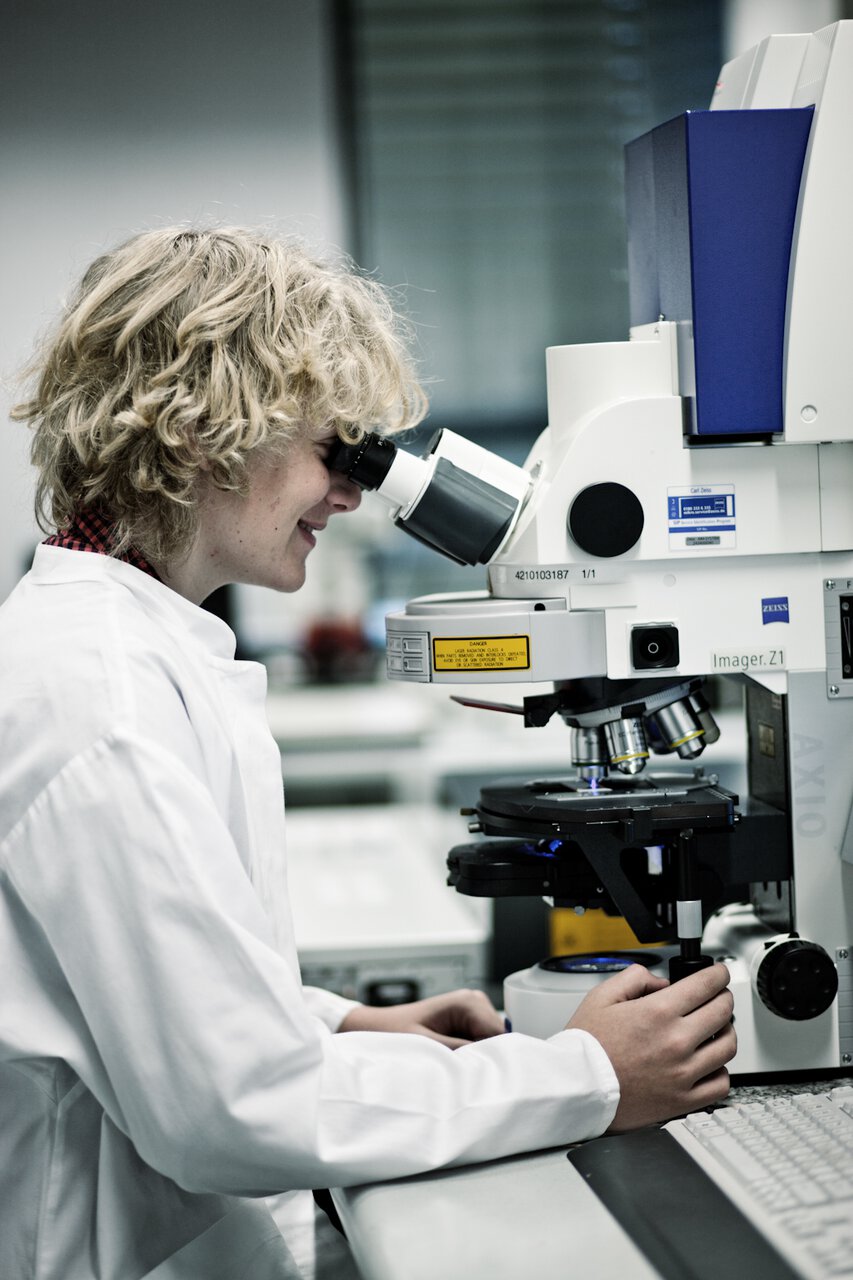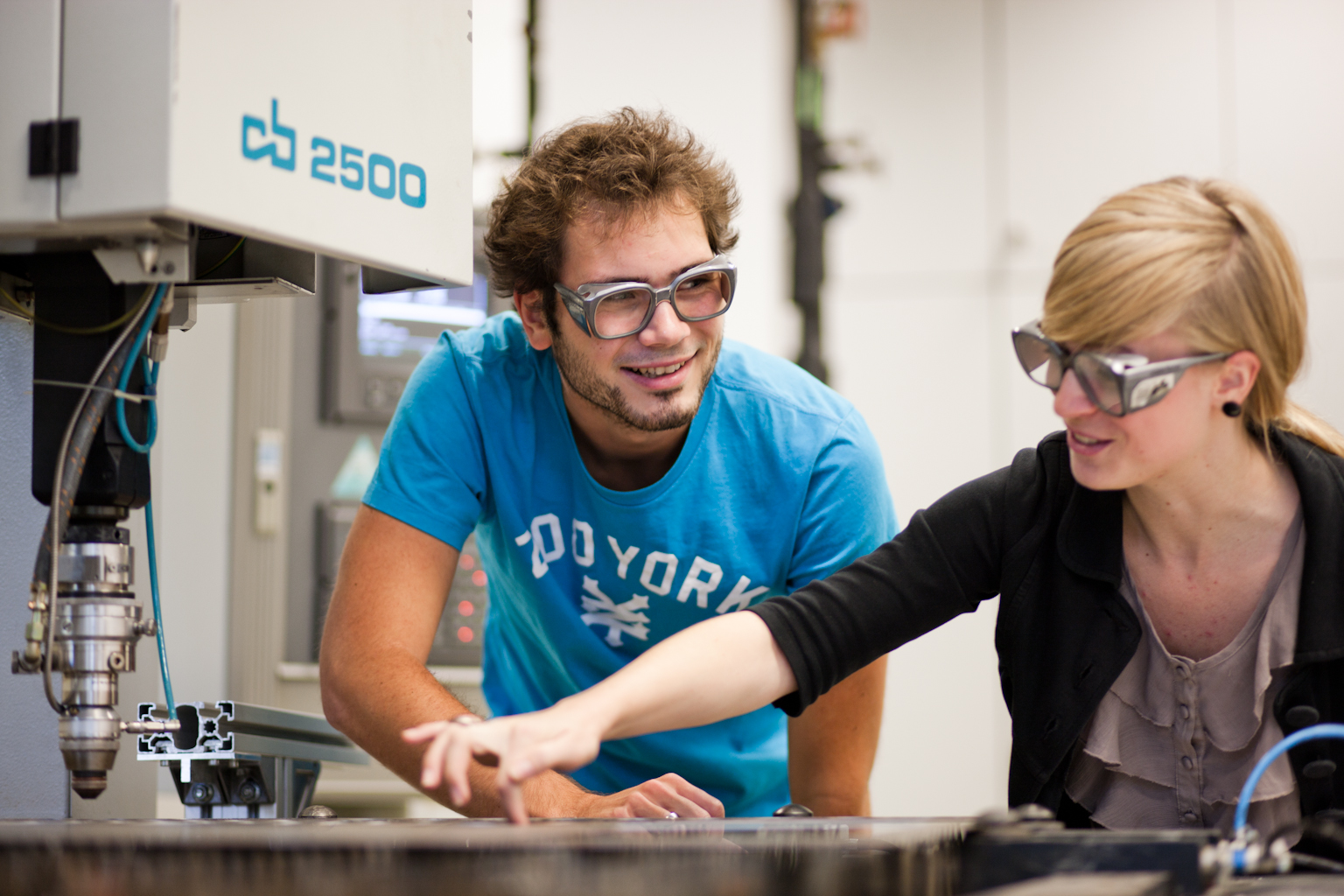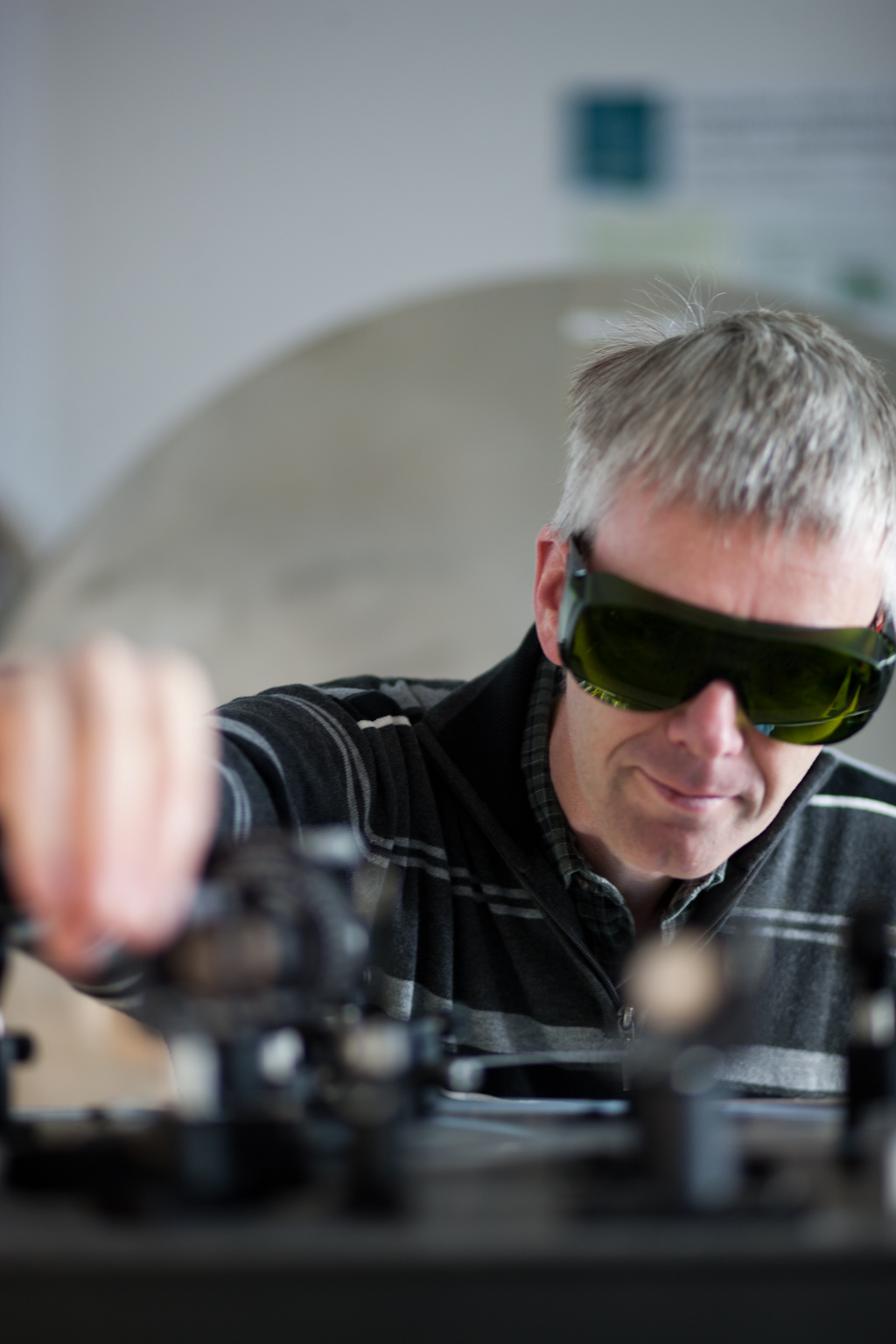
Women's and Equal Opportunities Officer
Men and women have equal rights. The state promotes the actual implementation of equal rights for women and men and works towards the elimination of existing disadvantages (Basic Law Art. 3 para. 2).
Gleichstellung - Eine Aufgabe der Kommune
Realization of equal rights in Jena:
- Support for those seeking advice on equal opportunities between the sexes.
- Lobbying against discrimination based on gender or sexual orientation
- Initiatives and actions for the practical implementation of equal opportunities
- Promotion, coordination and monitoring of gender projects and initiatives
- Promotion of the compatibility of family and career
Familienpolitik – Kinder haben Mütter und Väter
What reconciliation of family and career brings for fathers and mothers
The man earns the money, the woman takes care of family and social affairs. This classic division of roles is also expressed in the usual conflation of women's and family policies. But women also have a life outside the family - and children not only have a mother, but also a father.
Fewer disadvantages in working life
However, reconciling family and work is usually seen as a problem for working mothers. This perpetuates the traditional and unfair distribution of paid and unpaid work - and stabilises women's disadvantages in working life.
More family-friendly working hours
Sufficient and qualified childcare provision can reduce disadvantage. The Women's and Equal Opportunities Office is committed to the greater expansion of crèches, kindergartens and after-school care and is active in the various networks. Family-friendly working hours are also a contribution to more equal opportunities.

Häusliche Gewalt - Hilfe und Solidarität
What help women (and also men) need for a self-determined life.
Violence is an extreme disregard for human rights. It arises because of unequal power and a claim to dominance over inferiors. Violence is not only not perpetrated through beatings and rape, but also through humiliation, threats and control. In the family, violence is not only destructive to adults, but also to the children present. As a women's and equal opportunity office, we offer counselling and support to those affected by violence and are committed to further developing the existing support services (e.g. the Jena network against domestic violence).

Mädchen & Beruf
Why girls should get to know labs and workshops better
Girls still want to become hairdressers, nurses and kindergarten teachers: A good half of young women shortlist only ten of the nearly 400 occupations that require training. But classic female professions usually combine three disadvantages: they have a low standing, are poorly paid and offer few opportunities for advancement.
Desired: a different perspective
As an equal opportunities office, we are therefore committed to promoting a change in the career choices of girls and boys in kindergartens, schools and youth work. The aim must be to broaden the perspective for girls. But the possibilities are limited - with the many influences that play a role in career choice, it can only counteract to a very limited extent.
Wanted: more female role models
It is important that girls get to know professions beyond their ten favourites at an early stage - and that they have many female role models to go with them. That is why we, as the Women's and Equal Opportunities Office, are committed to Girls' and Boys' Day, where young women can gain an insight into workshops, laboratories and commercial enterprises.

Weibliche Karrieren
How women struggle with male traditions
Who can think of a female artist or scientist right off the bat? Probably very few. And this despite the fact that many young women now aspire to such careers and usually make up the majority of students in these subjects.
High hurdles when starting a career
The transition from education to work is generally more difficult for women than for men, but there are additional hurdles in the fields of science and culture, where there are long, predominantly male traditions. The all-important scholarships and prizes still go mainly to men. Men also dominate juries and management positions. Yet more than 50 percent of cultural offerings, for example, are used by women.
Honouring the achievements of women
It is often assumed that when women are promoted, the criterion of "artistic or scientific quality" is replaced by "woman". But this does not do justice to the abilities and achievements of women. In order to improve equality here, the Women's and Equal Opportunities Office therefore advises and supports initiatives by women, participates in exhibitions and events, and informs itself and others about the situation and work of women artists, scientists and other important female personalities.

Frauen & Beruf - für gerechten Verdienst
Why men earn more money and make mini-jobs poor
Women earn a good fifth less than men. Although women have formally higher qualifications, this income difference has been stable for years. Because little has changed in the marginal conditions. There are still too few day-care centres and working hours are too rigid.
The Equal Opportunities Office only has a direct influence on the personnel policy of the city administration. It can therefore only advise those affected or works councils on their strategic, legal and personal options and network them with the relevant specialist agencies.
Mini-jobs alone often have negative effects for women, such as poverty in old age. In addition, it can be observed that the number of jobs subject to compulsory insurance in occupations typical for women has fallen - while the number of mini-jobs has risen by leaps and bounds. We draw attention to these grievances and advise those affected together with our network partners.

Männer & Gesellschaft - Veränderungen, Verunsicherungen
Why equality is not just an issue for women
In our society, men generally have more power, professional opportunities and income than women. Of course, there are also women in influential positions. But they still tend to be the exceptions - and illustrate how important gender equality policies still are.
Living conditions have changed
But not everything is the same as it was: the women's movement and the progress made by women towards greater equality have changed the circumstances of men's lives. Economic development is also a contributing factor: Many jobs in male domains have disappeared. Insecure employment, temporary contracts, marginal employment and part-time employment are also on the rise among men.
Changes bring insecurities
With falling incomes and rising costs, both parents often have to work. The single-earner model, it seems, has little future, although it is supported, especially in Germany, by the social security system and marital splitting. Many things are changing - and change brings uncertainty. Effective gender equality policy must therefore focus on the situation of women and men separately and in relation to each other.

LGBTA? - oft unsichtbar
Why some don't like to own up to their life choices
What is "LGBTA"? Who knows that this is an abbreviation from the English-speaking world for Lesbian, Gay, Bisexual, Transgender and Asexual, i.e. lesbian, gay, bisexual, transgender and Asexual Means. From studies it is known that about ten percent of the inhabitants are LGBTA - in Jena, therefore, about 10,000 LGBTA should live.
Third gender option "diverse" in force
In addition to "male" and "female", the option "diverse" for intersexual people is also possible in the birth register since 1 January 2019. The Bundestag had passed the introduction of a third gender option in mid-December 2018.The reform was criticized from the beginning because a change in the birth register is linked to a medical certificate, only in a few exceptional cases, an affidavit of the person concerned should also be sufficient.
There is much to do
Despite their high numbers, LGBTA still very often experience disdain and devaluation in public, at work and in private life. The pressure of suffering (feeling "abnormal") is very high, many are afraid to admit their true gender or sexual orientation.
In order for these problems to receive more attention, the Women's and Equal Opportunities Office sees itself as their point of contact and representation of interests from the very beginning.

Diskriminierende Werbung – nicht mit uns!
Kommerzielle Kommunikation in unserer Stadt beachtet die allgemein anerkannten Grundwerte der Gesellschaft und die dort vorherrschenden Vorstellungen von Anstand und Moral. Grundlage ist der vom Deutschen Werberat verfasste „Leitfaden zum Werbekodex/Grundregeln zu kommerziellen Kommunikation“
Insbesondere darf Werbung
- Das Vertrauen der Verbraucher nicht missbrauchen und mangelnde Erfahrung oder fehlendes Wissen nicht ausnutzen, Kindern und Jugendlichen weder körperlichen noch seelischen Schaden zufügen.
- Keine Form der Diskriminierung anregen oder stillschweigend dulden, die auf ethnische Zuschreibung, Abstammung, Religion, Geschlecht, Alter, Behinderung oder sexuelle Orientierung bzw. die Reduzierung auf ein sexuelles Objekt abzielt
- Keine Form gewalttätigen, aggressiven oder unsozialen Verhaltens anregen oder stillschweigend dulden, keine Angst erzeugen oder Unglück und Leid instrumentalisieren
- Keine die Sicherheit der Verbraucher gefährdenden Verhaltensweisen anregen oder stillschweigend dulden.
Die Gleichstellungsbeauftragte der Stadt Jena kann bei Beschwerden und Beanstandungen über diskriminierende Werbung folgende Maßnahmen ergreifen:
- Rücksprache mit den entsprechenden Werbeagenturen
- Direkte Ansprache der Firmen/Unternehmen
- Bei Großplakaten: Kontakt zu den AnbieterInnen von Werbeflächen
- Verweis auf die Plakatierungsrichtlinien der Stadt Jena
- Information an den deutschen Werberat oder Pinkstinks Germany e. V.
